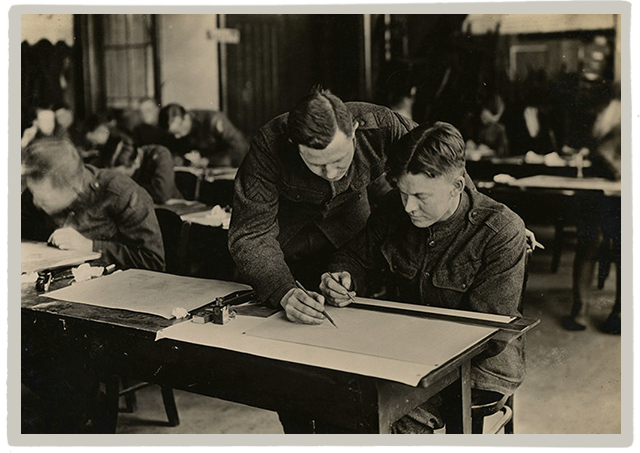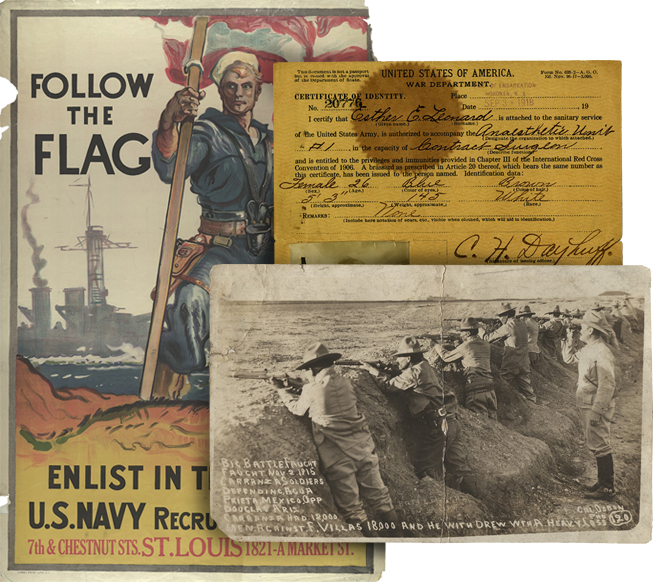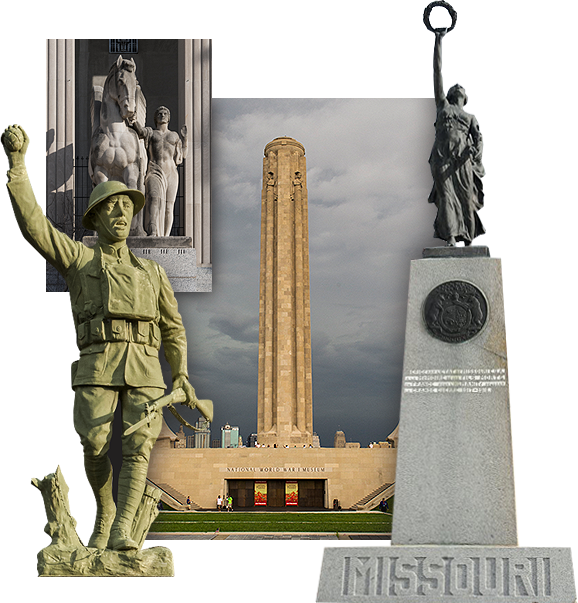Letter to Gust W.F. Doege - June 17, 1919

Transcript
June 17 1919 Rev Gust W F Doege 1636 St Marys Ave Ft Wayne Dear brother Doege,- I wonder what happened Sunday at the Mass-meeting. If the addrsses and resolutions breathe a progressive spirit, I should be glad to have a report from you for Lutheran Witness, say 800 to 1000 words. By progressive attitude I mean a true conception of the issues which confront us and which in so large a measure will determine the future history of our Synod. I believe in resisting to the uttermost every encroachment of the state upon the rights of parents and upon religious freedom. I think we ought to spend money like water to maintain our privileges under the constitution. On the other hand, a policy which aims at keeping our Synod as German as possible, ignoring the trend towards Americanization in language, spells ruin to our schools and means the end of missionary opportunity to our body. This reactionary trend is a greater menace to our Synod than unionism. If it dominated the meeting Sunday, of course, we could not print any report. On theother hand, if an enlightened and clear-visioned program has been announced, take all the space you want. I do not mean that every feature of the proceedings must agree with Rev Sommer

Transcript
[page 4] Still farther up north at Squirrel, under the shade of the Teton Range, we have, besides Idaho Falls, our own organized Lutheran congregation in that section of the State. The little church and parsonage stand with in a few miles of the Great Yellowstone National Park. Questioning the people, How far is it to the Park? they will point to a mountain within the Park and say,

Transcript
[page 5] A Number of Congregations and Preaching Places. Idaho being a semi-arid state, we must expect to find some of our congregations in dry farming districts also. Of the fields we shall name Adelaide, Kimama, Heyburn, Eden, Jerome, Wendell, Twin Falls, Clover, Nampa, Emmett, New Plymouth. Of course, these are the most important ones. Four Lutheran Pastors take care of the work in this section of the State. The agricultural pursuits in the various parishes differ widely. In the neighborhood of Adelaide, for example, one man farms from a quarter to a half-section of land. The ground is summer fallowed and in each alternate year a crop is raised. Almost nothing else besides wheat is grown. In the neighborhood of Paul general farming is largely engaged in and sugar beets are extensively grown, a factory being only five miles distant. In the Twin Falls and Clover country a specialty has been made in raising seeds of various kinds, particularly of clover seed. Fabulous quantities have been grown to an acre. New Plymouth is an orchard country. The people there specialize in this one thing and can tell you all about the grafting, planting, pruning, spraying of trees and all about the picking, packing, and marketing of the big red apple. In glib terms any apple grower can talk on quality, quantity, variety, sizes, prizes, and prices. The word Idaho, as used by the Indians, means a
Details
| Title | Letter to Gust W.F. Doege - June 17, 1919 |
| Creator | Unknown |
| Source | Unknown. Letter to Gust W.F. Doege. 17 June 1919. Graebner, Theodore Collection. Concordia Historical Institute, St. Louis, Missouri. |
| Description | Letter to Reverent Gust W.F. Doege in Ft. Wayne Indiana from an unknown author. The author discussed the incorporation of the English language into German services and in German schools. Following World War I, the Lutheran Church was divided over conducting Church services in German. Also included is a brief description of settling new land in Idaho and creating new opportunities there. |
| Subject LCSH | German language--20th century |
| Subject Local | WWI; World War I |
| Contributing Institution | Concordia Historical Institute |
| Copy Request | Transmission or reproduction of items on these pages beyond that allowed by fair use requires the written permission of the Concordia Historical Institute: 314-505-7900 |
| Rights | The text and images contained in this collection are intended for research and educational use only. Duplication of any of these images for commercial use without express written consent is expressly prohibited. |
| Date Original | June 17, 1919 |
| Language | English |



